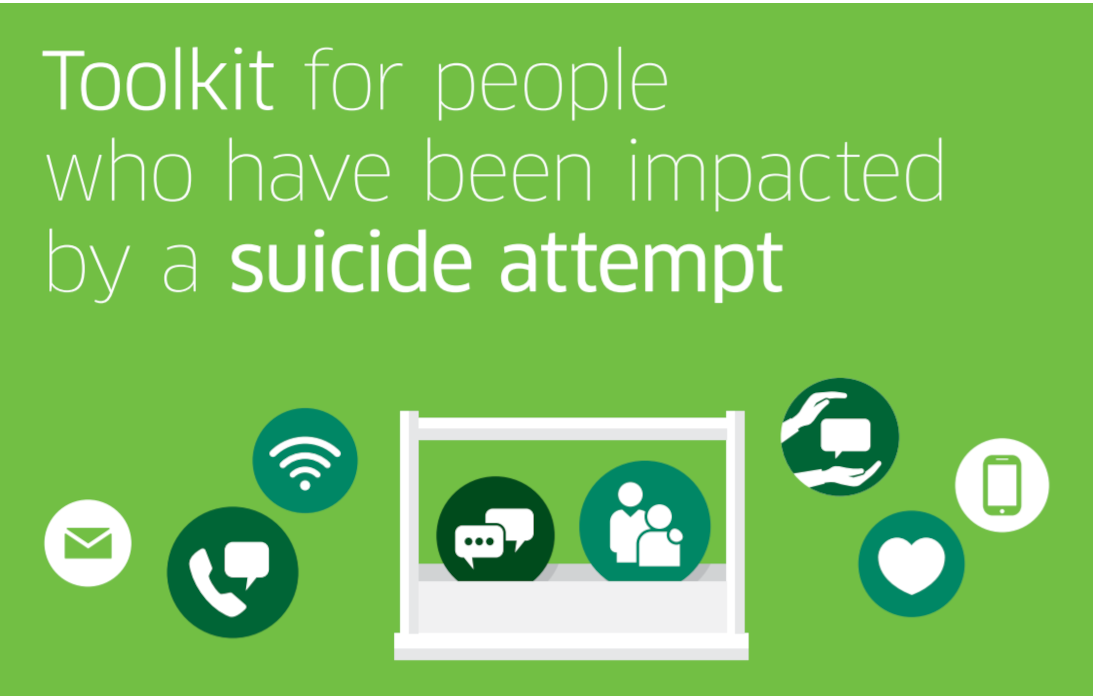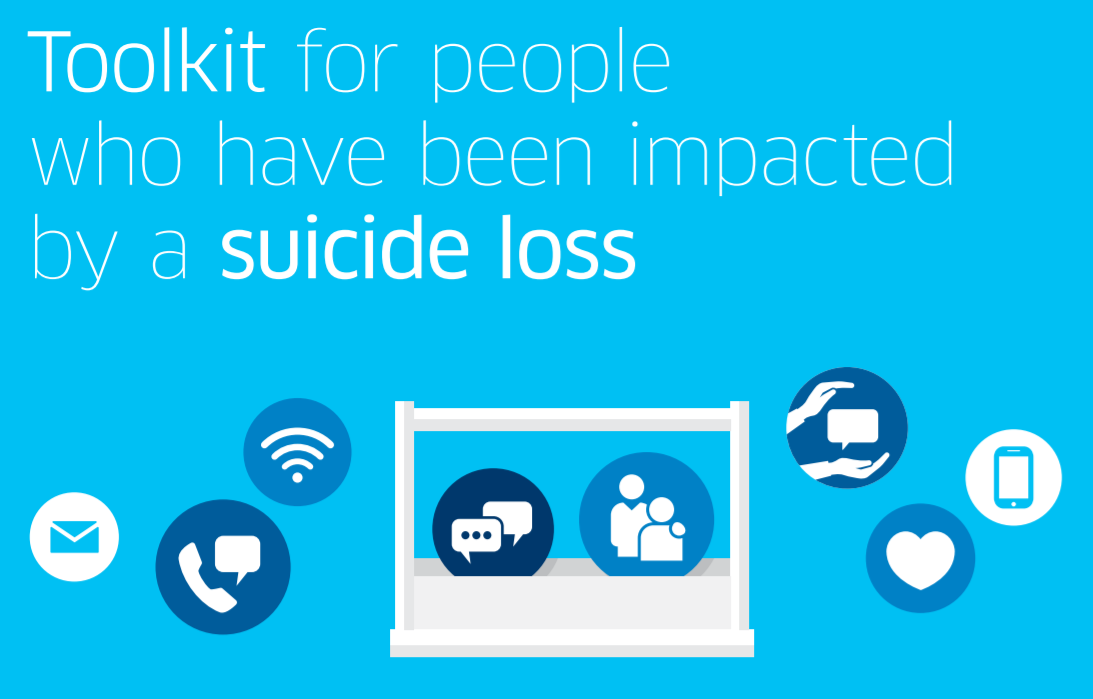In most cases, suicide can be prevented. Most suicidal people do not
want to die, they simply no longer want to live with the pain. Take suicidal thoughts
and behaviours seriously. Openly talking about suicidal thoughts and feelings can save
their life. Know the warning signs and risk factors for suicide and learn about why a
person may consider suicide.
Helping a suicidal person is challenging, so it's important to remember
two key actions:
- If you think someone may be suicidal, ask them directly. Don't be nervous about
saying something like, "Are you thinking about killing yourself?"
- If they say, "Yes", ensure someone stays with them until they go to an emergency
room, or see a psychologist, family physician, or psychiatrist.
Suicides seldom occur without warning, and if you are aware of common
early warning signs, you can help yourself or someone in crisis. A previous attempt is a
particularly important sign and increases the risk of future ones.
The following behaviours are especially significant because these signs
indicate that a decision to complete suicide may have been made:
- Giving away prized possessions
- Preoccupation with thoughts of death
- Making a will or writing poetry or stories about suicide or death
- Threatening suicide
- Hoarding pills, hiding weapons, and describing methods for dying by suicide
- A sudden sense of calm or happiness after a person has been very depressed
The common warning signs are usually physical, emotional, and
behavioural in nature, which include but are not limited to the neglect of personal
appearance or sudden changes in the manner of dress, sudden weight gain or loss, loss of
interest or enjoyment in activities, wide mood changes and sudden outbursts, extreme
tension, agitation and depression, and socially isolating.
People of all ages, genders, and ethnicities are at risk for suicide.
Suicidal thinking is usually associated with problems that can be treated. However, some
people are at heightened risk. Some risk factors include: depression or another mental
disorder, substance abuse, a previous suicide attempt, a family history of suicide,
being in prison, and witnessing others' suicidal behaviour (family, friends, or the
media).
The Mental Health Commission of Canada (MHCC), in collaboration with
the Canadian Association for Suicide Prevention, the Centre for Suicide Prevention, and
the Public Health Agency of Canada have developed 2 toolkits to support people who have
been impacted by suicide.

Toolkit for people who have been impacted by a
suicide attempt
There is no right or wrong way to seek help. This
toolkit is not designed to be an exhaustive list of the very wide
variety of resources available across Canada for support. This toolkit
is a summary of the tools that have resonated most with the hundreds of
people who completed an online survey and resources from a literature
review completed by the Centre for Suicide Preventio
Download the tookit in PDF
format

Toolkit for people who have been impacted by a
suicide loss
There is no right or wrong way to seek help. This
toolkit is not designed to be an exhaustive list of the very wide
variety of resources available across Canada for support. This toolkit
is a summary of the tools that have resonated most with the hundreds of
people who completed an online survey and resources from a literature
review completed by the Centre for Suicide Preventio
Download the toolkit in PDF
format